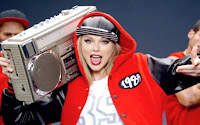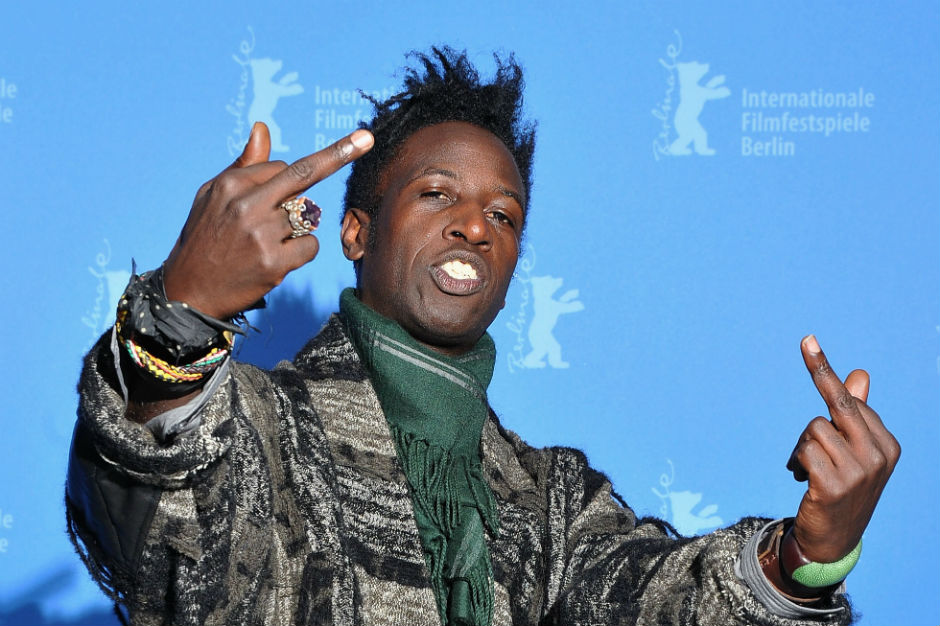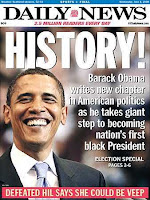 Even though the Black struggle is an issue that needs to be addressed by everyone, not everyone experiences it. Some black people don't even experience black struggle. Black kids that grow up in white suburbia can act as a subculture on its own. There are specific awkward situations that black kids that grew up in the suburbs understand. This includes people being confused about how articulate, or intelligent you are, being caught in the limbo between races, and being expected to represent the black community because you are the only one. A Buzzfeed post describes 17 of these awkward situations:
Even though the Black struggle is an issue that needs to be addressed by everyone, not everyone experiences it. Some black people don't even experience black struggle. Black kids that grow up in white suburbia can act as a subculture on its own. There are specific awkward situations that black kids that grew up in the suburbs understand. This includes people being confused about how articulate, or intelligent you are, being caught in the limbo between races, and being expected to represent the black community because you are the only one. A Buzzfeed post describes 17 of these awkward situations:17 Struggles All Suburban Black Kids Know Too Well
Hip-hop has recently evolved to relate to black kids from the suburbs. Artist such as Chance the Rapper, Tyler the Creator, and Earl Sweatshirt often rap about their life growing up in white suburbia. Chance the Rapper raps, "But I'd fight if a n**ga said that I talk white. And both my parents was black. But they saw it fit that I talk right" expressing the phenomenon of articulate black youth. These artists are at the center of what has become its own genre of music that relates to an overlooked demographic.
Bonfire by Childish Gambino
Chum by Earl Sweatshirt
Everybody's Something










